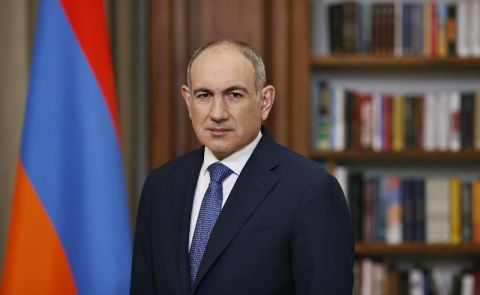
Border tensions in Syunik province: Armenia asks CSTO for assistance
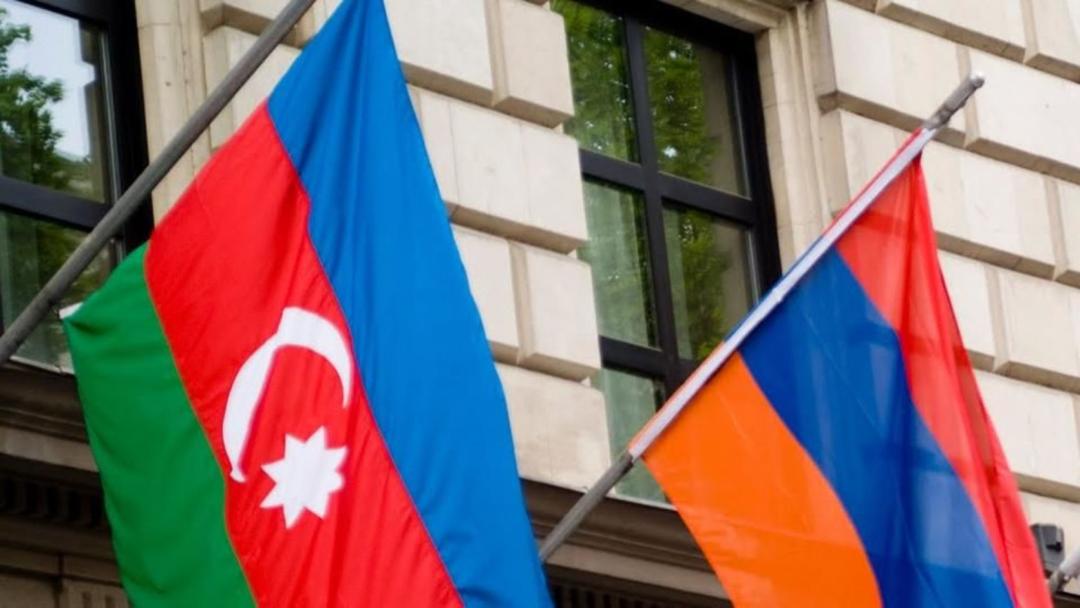
On 14 May, the Armenian authorities officially asked the Collective Security Treaty Organization (CSTO) to take action against the alleged incursions of Azerbaijan’s troops into its territory.
“According to the procedures, there are three days (for its response), and the Ministry of Defence and the Ministry of Foreign Affairs will officially present the details,” stated Armenia’s Deputy Foreign Minister Tigran Avinyan. He noted that the Armenian side cited a CSTO crisis management provision that calls for preventive measures to avoid possible aggravation of the situation.
Avinyan said Armenia wants a peaceful solution to the border standoff but is ready for possible worsening of tensions. According to him, it is necessary to get out of the nervous state and understand that the negotiations are continuing. He said the Azerbaijani side is showing maps of unknown origin to justify its 'clarification of borders,' but these maps have no connection with reality. “However, the Azerbaijani side confirms its readiness for a peaceful resolution of the problem, and according to them, they do not want to take steps to further exacerbate the situation. But nevertheless, we are ready for all possible scenarios,” Avinyan stressed.
According to official Armenian sources, Azerbaijani forces advanced 3.5 kilometres into Armenia’s Syunik province early on 12 May, occupying several hills and a border lake and breached two other sections of the Armenian-Azerbaijani border in Sisian and Vardenis on May 13. The Armenian military sent reinforcements to the mountainous region in a bid to force them to pull back. Armenia’s Ministry of Defence (MOD) issued a statement, denying that there were clashes, but some activities in the border area were confirmed. According to MOD, the Azerbaijani troops “tried to carry out some activities” in one of the border areas of Syunik province under the pretext of “border adjustments,” adding that “the Azerbaijani military stopped the activity after measures were taken by the Armenian side.”
The acting Prime Minister of Armenia Nikol Pashinyan described the situation as a “serious crisis.” “We must take this situation very seriously because we are dealing with a crisis which could develop under different scenarios. Our objective is to ensure that Azerbaijani forces withdraw to their original positions from which they began their advance,” he stated at the meeting of Armenia’s Security Council. He described the advancements of the Azerbaijani troops as a pre-planned provocation.
Pashinyan also phoned Russia’s President Vladimir Putin to discuss the ongoing tensions at the Armenian-Azerbaijani border. Putin emphasised during the call the need to strictly comply with all the provisions of the trilateral statements from 9 November 2020 and 11 January 2021. The Russian President’s spokesperson Dmitry Peskov also denied various media reports that Pashinyan asked Putin for assistance in the matter. “Pashinyan did not ask for help. He expressed extreme concern over the situation on the border, and President Putin too shared this concern and emphasised the need to comply with all the provisions of the trilateral statement, and first of all the observation of ceasefire,” Peskov said.
The CSTO also came with an official statement regarding the situation. “The CSTO is closely following the development of the situation in the border regions of the Syunik province of Armenia. As the situation develops, if necessary, actions will be taken provided for by the provisions of the Collective Security Treaty and the CSTO Charter,” read the organization’s statement.
Reactions also came internationally to the incident. The French President Emmanuel Macron wrote a Facebook post in the Armenian language, saying that “Azerbaijan’s armed forces have invaded Armenian territory” and that they must withdraw. “To the Armenian people, I once again say: France stands in solidarity and will remain so,” he added. The spokesperson of the US State Department Ned Price tweeted that the US was “following [the tensions] closely.” “We understand communication between the parties is ongoing and urge restraint in de-escalating the situation peacefully,” he noted. The Organization for Security and Cooperation in Europe (OSCE) Chairperson-in-Office Ann Linde held talks with the Armenian and Azerbaijani Foreign Ministers, Ara Ayvazyan and Jeyhun Bayramov, and also emphasised that the OSCE was following the developments closely.
The Azerbaijani Ministry of Foreign Affairs commented on the issue, saying that the Azerbaijani border forces were deployed in the positions within the borders of their own country. “Measures to strengthen the border protection system implemented within the territorial integrity of Azerbaijan are carried out on the basis of maps available to each of the sides that define the border line between Armenia and Azerbaijan. Since regaining its independence, there has been no state border between the two countries for obvious reasons, and for this reason we speak about the complicated technical process, which is currently accompanied by disagreements between the sides,” the statement highlighted. "It is surprising that the Armenian side has reacted inadequately to this process and is making provocative statements. We recommend Armenian political and military circles not to panic, to recognise the reality of the interstate border regime in the Azerbaijani districts of Zangilan, Gubadli, Lachin, and Kelbajar, and to avoid exacerbating the situation in the region. Azerbaijan is committed to reducing tensions and encourages the other side to do the same,” the statement further read.
The State Border Service of Azerbaijan (SBS) said that the establishment of the necessary border defence and security infrastructure on the state border with Armenia continues.
See Also

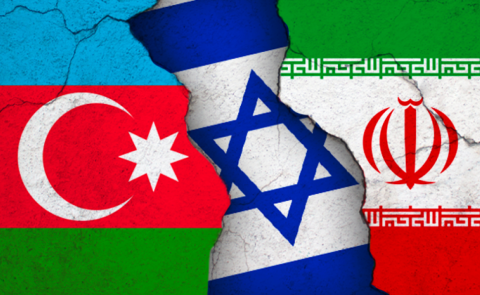
Azerbaijan Calls for 'Dialogue and Diplomatic Resolution' Between Israel and Iran
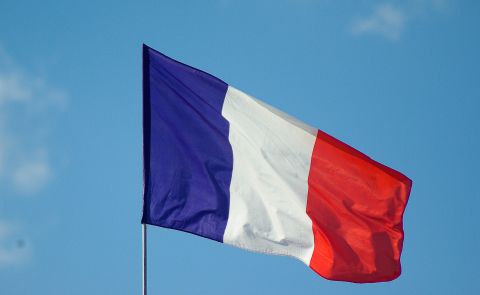
Azerbaijan and France Explore Industrial Cooperation
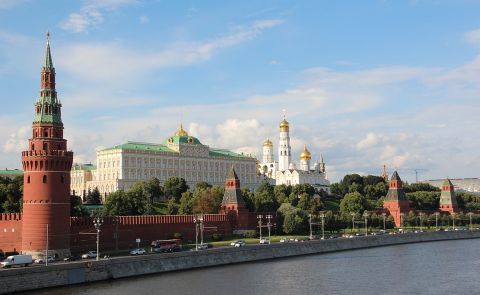
Russian Senator States Georgia Rejects Brussels’ Directives
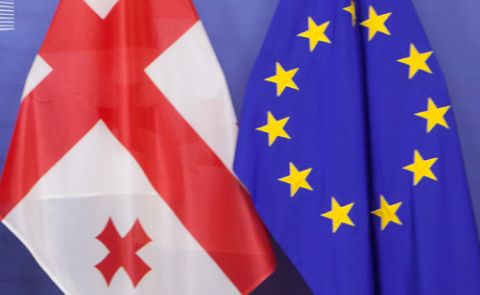
EU Ambassador Rules Out Suspension of Visa-Free Travel for Georgia

